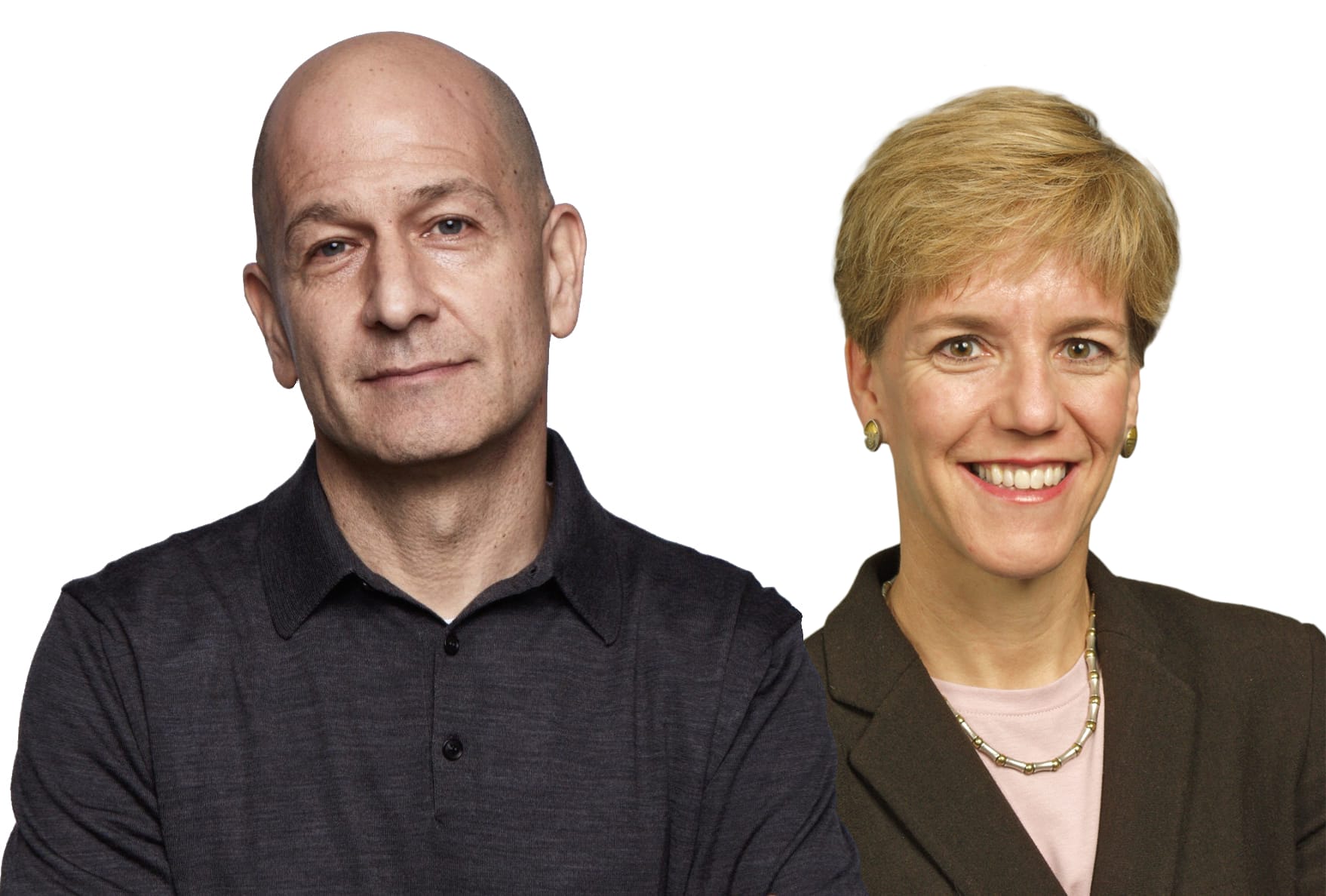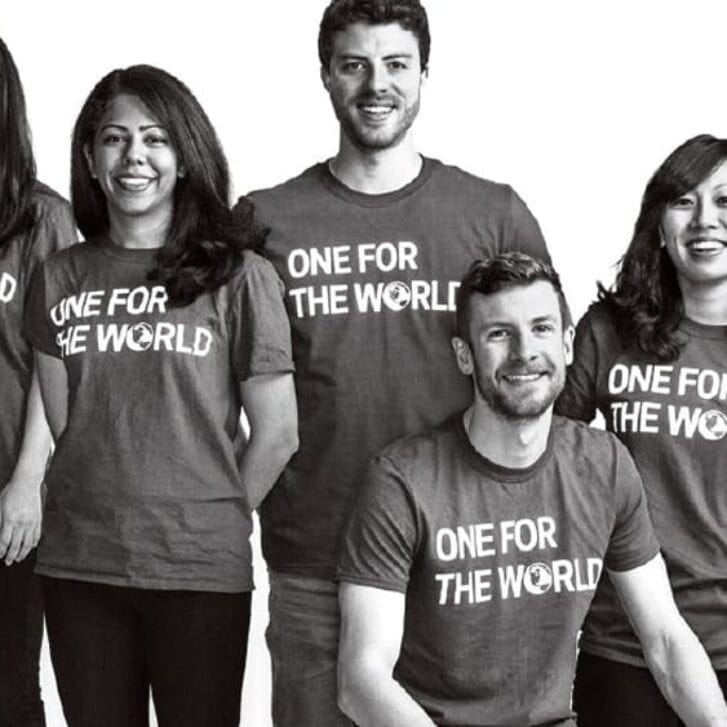No single idea will solve poverty, but if more people understand the hows and whys of the problem, more minds can be set to the task. In the course Knowledge for Social Impact—Analyzing Current Issues and Approaches, students dig deep into some of the thorniest issues facing the United States and explore ways that for-profit and nonprofit organizations are tackling them.
Katherine Klein, vice dean of the Wharton Social Impact Initiative and Edward H. Bowman professor of management, focuses on two of three social issues in each semester: food insecurity, recidivism, and barriers to college access. “They are all intimately related to poverty and race,” Klein says. “There’s strong research evidence in these areas, too. It’s important to use that evidence as a guide for action.”
Turner Impact Capital CEO Bobby Turner W84 had a role in inspiring the class. “Bobby is a very influential and innovative impact investor and a huge believer in a cross-disciplinary approach,” Klein says. “He argues, and I agree, that it’s important to have not just business or finance expertise, but the social science expertise. Many students tell me that the course makes a real difference in their career choices and aspirations.”
Though the societal challenges that the course covers make regular headlines, Klein believes they aren’t well understood by many Americans. Written materials, videos, and a lineup of CEO guest speakers break down myths about poverty, balance hard data with human-centered stories, and may inspire the next idea that will make the world a better place for all.
“Invisible Child”
This five-part New York Times series by reporter Andrea Elliot is, according to Klein, “a very moving portrait of a little girl named Dasani in New York City that gives you an up-close sense of what it’s like to live in extreme poverty in the United States.” Readings like this serve as compelling personal stories that humanize the statistics.
“The Way We Think About Charity Is Dead Wrong”
“This TED Talk by entrepreneur and author Dan Pallotta is a very thought-provoking exploration of how we think about charity, how we make decisions about giving money, and what makes a nonprofit effective,” Klein says. Many donors have become obsessed with judging charities based on their overhead. High administrative costs like salaries are seen as a red flag. But Pallotta argues that giving should be about supporting an organization that makes a real impact. It just may be that these effective organizations also pay people better.
“Too Much of Too Little”
When delving into food insecurity, Klein’s students are often puzzled by how someone can be worried about paying for a next meal and yet be obese. This 2013 Washington Post article about food stamps reveals how difficult it is to eat a healthy diet when you’re trying to make ends meet. “There’s research that shows if you’re really poor, the last thing you’re going to do is buy food that you believe your kids aren’t going to eat,” Klein says. “So maybe you’re not going to bring home broccoli and beets. They’re too expensive, and they may not get eaten.”
“How Effective Is Correctional Education?”
The Rand Corporation research that this brief covers shows that educating prisoners is a highly effective way of making sure that once they’re released, they won’t end up back in the criminal justice system. “There is strong research evidence that education in prison reduces recidivism,” Klein says, “and nonprofits and for-profits are using interesting strategies to promote that education.” Her students learn about organizations like the nonprofit Bard Prison Initiative, through which more than 400 college degrees have been earned in New York State prisons, and Edovo, a tech startup that has brought tablet-based learning to thousands of prisoners.
The Solution Revolution
Business, government, and social enterprises all have roles to play in addressing tough social issues. Book authors William D. Eggers and Paul Macmillan cover effective collaborations that are already happening, such as crowdfunding platforms like Kiva, which connects microlenders and low-income entrepreneurs.
“Instead of Treating Society’s Ills, Bobby Turner Wants a Cure”
Klein’s students build a solid foundation in understanding these persistent, troubling problems, while visiting guest speakers offer insights into what’s being done to solve them. Klein’s Knowledge@Wharton Q&As with for-profit and nonprofit leaders, like this one with Turner, offer a glimpse into what students hear. As he told Klein: “I like to joke that for many years as an investor, I was making money off of other people’s misfortunes. [With] social impact, I get to make money off of tackling other people’s misfortunes, and that just sits better with me as a human being.”
Published as “Understanding Social Impact” in the Fall/Winter 2018 issue of Wharton Magazine.


























